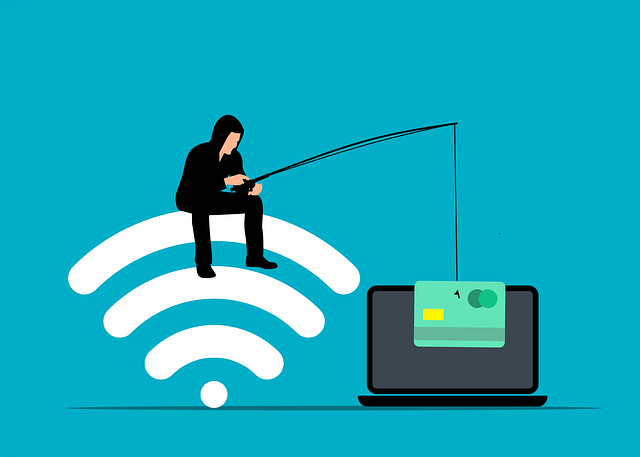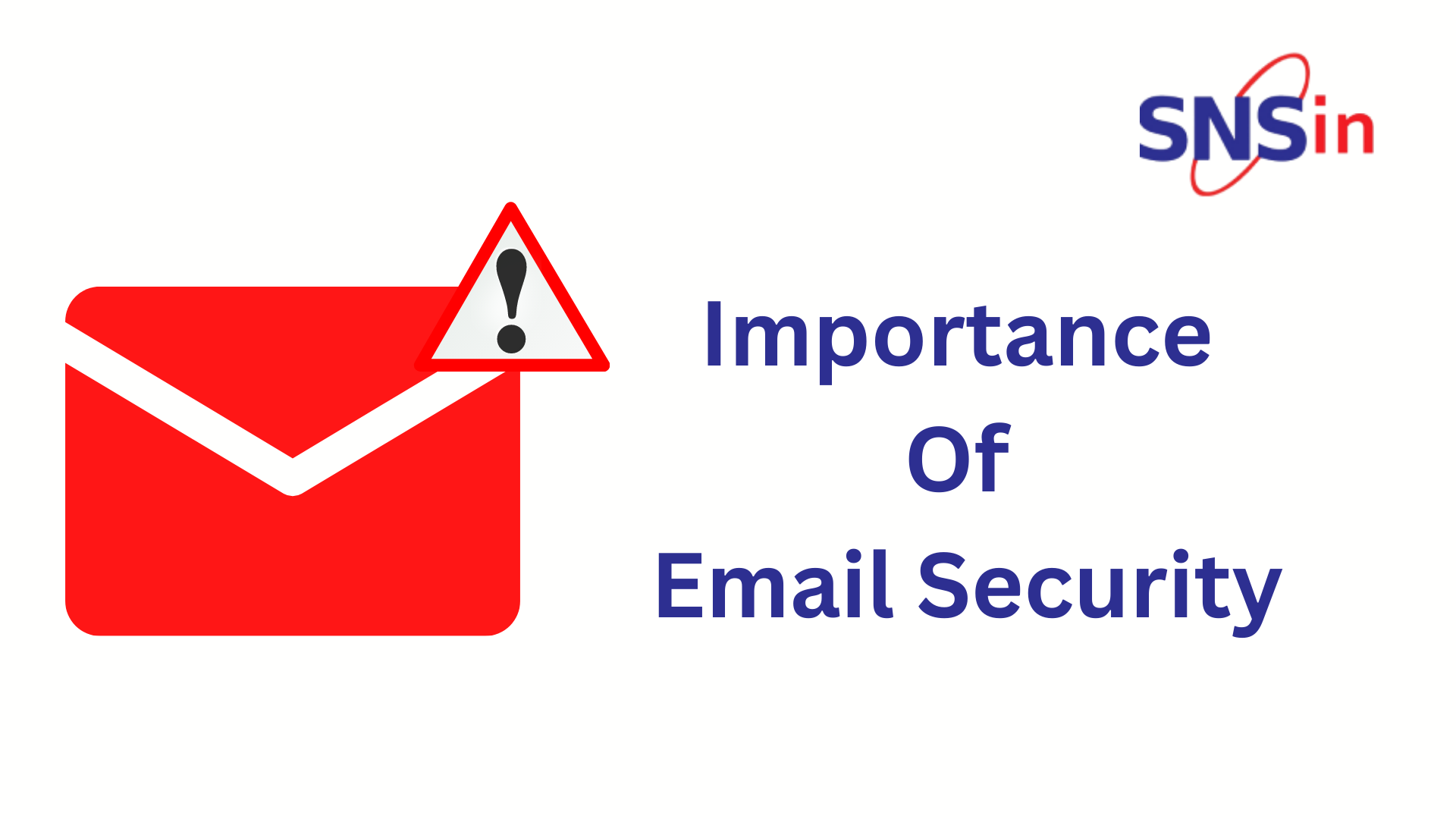Identifying a Phishing Scams: There are certain tips and methods that can be used to identify a phishing scam. Some are listed below:
- Analyze email addresses and headers: Attackers impersonate brands, making for one of the most common types of phishing attacks. The email address used is generally linked to a significantly similar domain to the target company’s domain. Anyone can receive an email from what appears to be a genuine corporate account. The phisher often relies on the reader’s failure to check or re-read. The spellings or placements of special characters may alter the sender’s address but may still look too similar to double-check. For example, paypal.com may be written as pay-pal.com or paypall.com, axisbank.com could be written as axsbank.com, etc.
- Use of spam filters: To protect mail against spam, spam filters can be used. Such filters may assess the origin of the message, the software used to send it, and the appearance of the message to determine if it is spam. Spam filters could also block emails from illegitimate sources, though sometimes they may block genuine senders too, but this is a small price to pay compared to the risk posed by spam mails.
- Inspect links present in the mail: It is better to hover over the link first before opening it if it is present in any email. Secure websites with a Secure Socket Layer (SSL) certificate begin with ‘HTTPS’, also a lock sign appears in the browser window where we type the domain address.
- Caution in opening attachments: One of the most common methods for spreading computer viruses and other malicious software is through attachments within the email. If opened, they can give complete control of the device to someone else or spam contacts in the address book. Unexpected attachments should not be opened, more so from unknown senders. A good email security software with sandblasting feature can avoid such malicious attachments .
- Check content for poorly or unusually written mails: One of the best ways to detect a phishing scam is to check the grammar and spelling of the content in the mail. Missing words within a series of sentences may be spotted. Inappropriate tone and irregular grammar are mostly when an alarm should be raised for phishing. Emails promising unusual amounts of lottery wins and other such offers may also be considered suspicious. If it sounds too good to be true, it is most likely fraudulent or malicious.
- Avoid urgency messages: An urgency warning tries to frighten people into reacting without considering the outcome. The most efficient phishing mail subject lines will use psychological cues to grab attention and harbor fear and urgency. The mail may demand quick action to earn some benefit before it is too late to claim them. Once the bait has been laid, it can result in huge losses that may be too difficult to recover from.
- Protection of personal information: Adding extra layers of protection in addition to spam filters would be an excellent route to take. Using end point protection software is critical, and a password manager may also be used to hide online credentials. Using MFA along with any type of login credential is a very good idea. If a data breach happens, hostile attackers attempt to use the leaked data throughout the internet to get access to other information of the recipient, throughout the internet. Hence using strong passwords, changing passwords frequently, using good end point protection software and use of MFA for any login , would go a long way to protect users.
![]()



